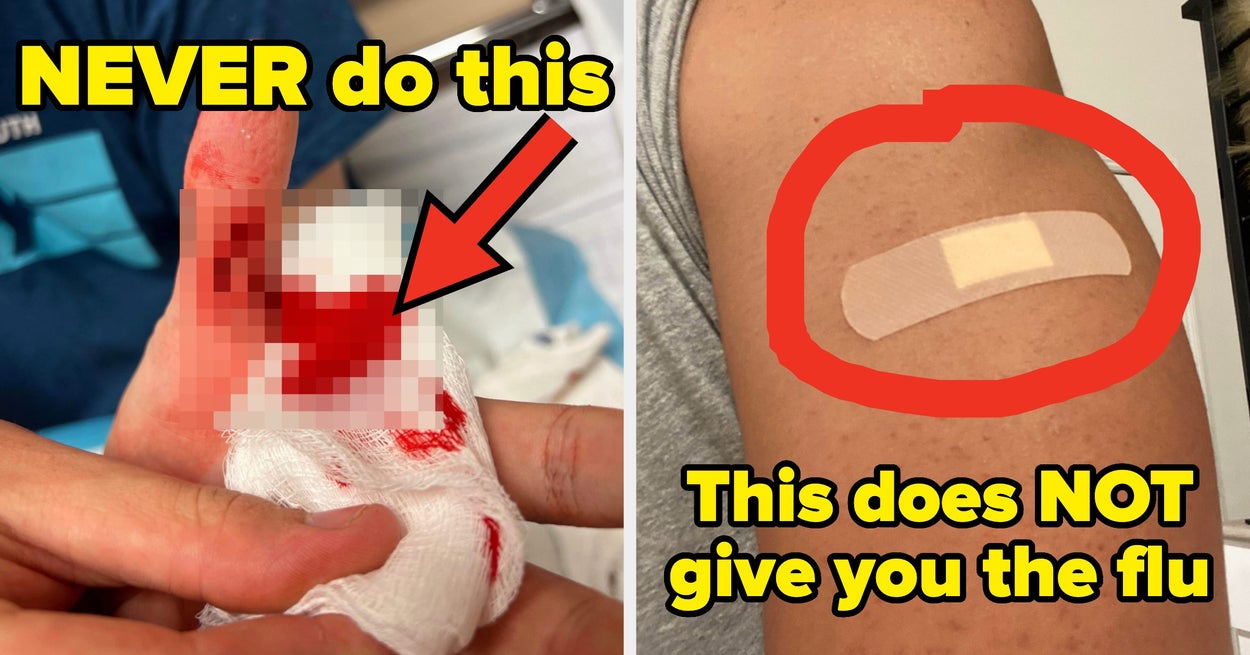16.
“Food allergy is a serious diagnosis and means the person could die if they are exposed to the food. Food allergy is NOT the same as food intolerance, which is much more common. Food allergy means a person will experience symptoms of swelling, hives, difficulty breathing, and low blood pressure every time they are exposed to that food, and they will likely need emergency care. Therefore, if you had hives once around the same time as a meal but otherwise eat a normal diet and haven’t had more episodes of symptoms, you almost certainly don’t have a food allergy, and those hives were due to something else going on at the time that happened to coincide with a meal.”
“Food intolerance symptoms typically include abdominal upset, diarrhea, or constipation, which are not life-threatening. You should, of course, manage your diet so that you are happy, healthy, and comfortable, but please stop telling everyone you have a food allergy if you do not, because there are people out there who do have one. Please stop asking your doctor for an EpiPen unless you have a true food allergy diagnosis, because again, there are people out there who need them. A food allergy is difficult for many people because it may impact them socially, physically, emotionally, and/or financially. Alternative diets are expensive. Kids are bullied all the time for needing a specific diet due to a food allergy. Being different or needing special accommodations can be isolating and affect mental health. And as already mentioned, food allergy reactions are LIFE-THREATENING. People with true food allergies are often struggling silently in many ways, but may act like everything is okay.”
—Anonymous, 36, Texas
